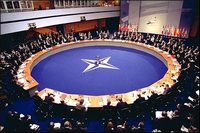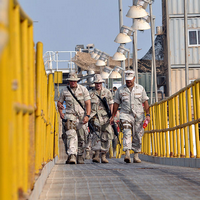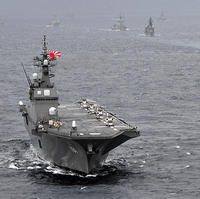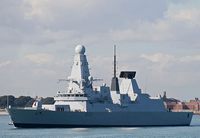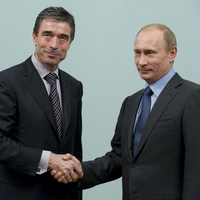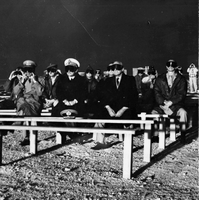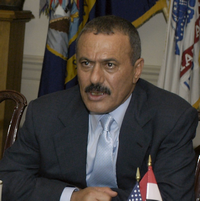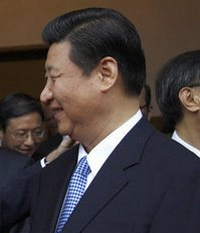
BEIJING — At its recent plenary session in Beijing on Oct. 14-18, the Chinese Communist Party’s Central Committee rubber-stamped the country’s latest five-year economic plan, oversaw the further emergence of a new generation of political leaders and issued a number of significant policy announcements. Taken together, these events signal a changing political tide in Beijing and the ascendancy of the CCP’s Maoist-influenced “Princeling” faction in the run-up to the 2012 leadership transition. The Princeling faction is so named because many of its key figures are the sons of revolutionary heroes. The Princelings effectively represent the CCP’s traditionalist wing, littering their […]

